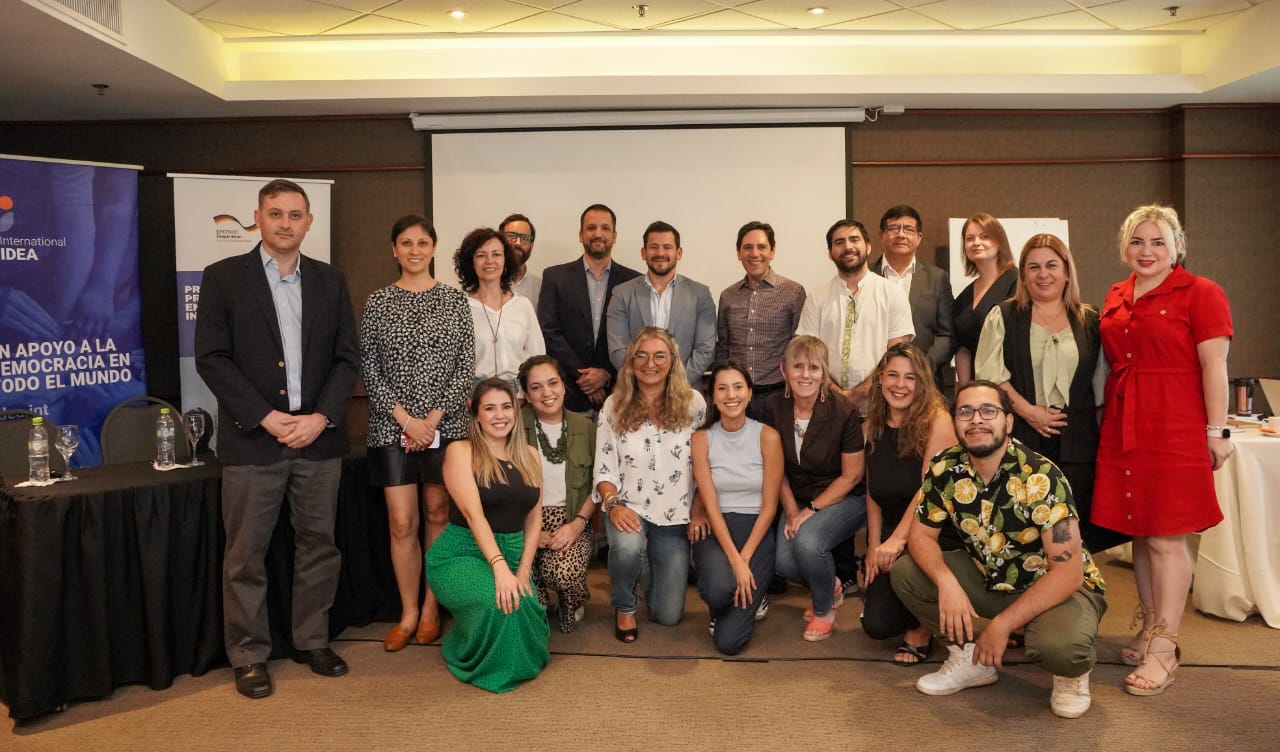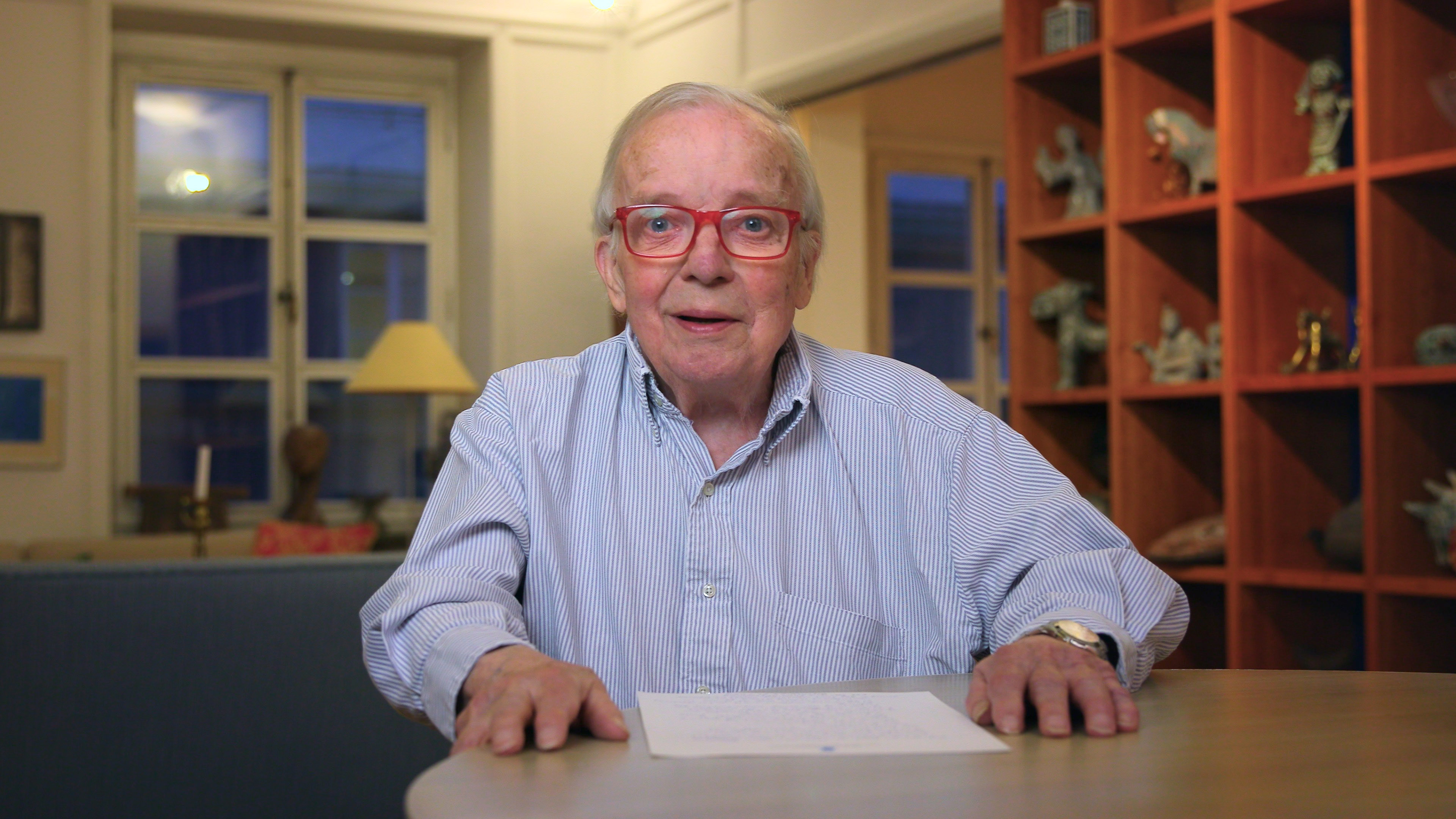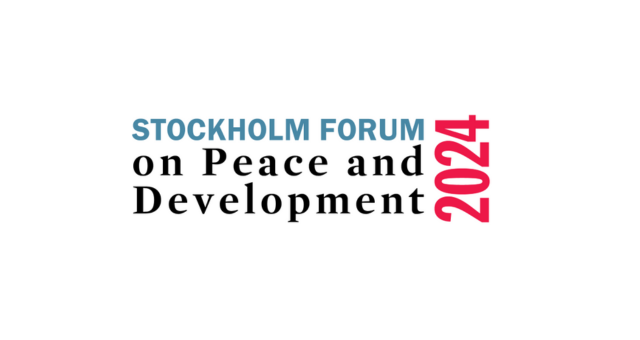
Speaking at a UN event on how to engage young people in democracy the UN Deputy Secretary-General Jan Eliasson pinpointed one of the major problems in democracy today.
While young people between the ages of 15 and 25 constitute a fifth of the world’s population their influence on national politics remains limited.
There is a general sense that traditional politics and representative democracy as we know it fail to attract the attention of younger peers. However, history shows that youth are critical in bringing about social and political transformation. From the dissolution of the apartheid regime in South Africa in the early 1990s to the third-term revolution in Burkina Faso in 2014, youth remain at the forefront of the democratic struggle in Africa.
In all democracies, youth must play an active part in formulating tomorrow’s politics. Inclusive participation remains a fundamental political and democratic right. But actively promoting the inclusion of youth in the political process is not only about norms, values and rights. It is also about practical politics.
Younger generations find themselves in a different and difficult situation as they have different needs and priorities than their older peers. Increasing youth participation can also bring new and fresh visions and ideas in to the political sphere.
All institutions of democracy need to address the issue of youth participation and inclusion. Being in charge of organizing elections, electoral management bodies (EMBs) have a crucial role to play in advancing and promoting the inclusion, equal participation and representation of youths in electoral processes. In order to promote youth engagement throughout the electoral cycle, an EMB may engage in specific and targeted activities and programmes for youth, as well as mainstreaming youth participation in general. Such approaches may lead to effective youth participation, especially if this this is tackled throughout the organization’s daily programmes.
In this context, International IDEA in collaboration with the Electoral Commission Forum of the SADC countries is organizing a roundtable on elections and youth. The roundtable aims to explore entry points for EMBs engagement to increase youth participation and facilitate exchange on how EMBs can work to promote youth participation throughout the electoral cycle. By providing a platform for exchange of experiences, IDEA and SADC furthermore aims to inspire EMBs to think critically of their own engagement vis-à-vis youth and gather ideas of how to engage from their peers.
In advance of the event, International IDEA has launched a Policy Brief on Youth participation in electoral processes: new roles for electoral management bodies. The brief argues that EMBs must start thinking more creatively around how to bring youth on board and engage in multifaceted programmes.
“Specifically, EMBs need to start taking a more proactive approach to engaging with youth as voters, electoral candidates and electoral managers.”
It goes on to suggest that civil society and political parties are two crucial partners for EMBs to promote youth participation.
The ECF SADC-IDEA Roundtable on Elections & Youth is hosted by the Electoral Commission of South Africa and take place in Centurion from 24-26 November.


